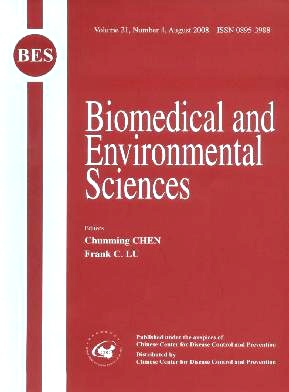Evaluation of Oxidative Stress in Colorectal Cancer Patients
-
Key words:
- Colorectal cancer /
- Oxidative stress /
- DNA damage /
- Lipid peroxidation /
- Protein oxidation
Abstract: To evaluate the oxidative stress in patients with colorectal cancer and to investigate the relationship between oxidative stress and colorectal cancer. Methods Seventy-six subjects were divided into two groups (36 colorectal cancerpatients as the study group and 40 normal healthy individuals as the control group). Their protein oxidation, DNA damage, lipid peroxidation and antioxidants, vitamin C, vitamin E, glutathione (GSH), and antioxidative enzymes in serum were detected. Results The levels of protein carbonyl and advanced oxidation protein products (AOPP) were significantly higher in the study group than in the control group (P<0.01). Serum 8-OHdG was significantly increased in the study group compared to the control group (P<0.01). However, the mean serum level of MDA and conjugated diene was lower in the study group than in the control group (P<0.01). The activity of antioxidative enzymes was significantly decreased in the study group compared to the control group (P<0.01). Serum vitamins C and E concentrations were significantly reduced in the study group compared to the control group (P<0.01). Conclusion Colorectal cancer is associated with oxidative stress, and assessment of oxidative stress and given antioxidants is important for the treatment and prevention of colorectal cancer.
| Citation: | DONG CHANG, FAN WANG, YA-SHUANG ZHAO, HONG-ZHI PAN. Evaluation of Oxidative Stress in Colorectal Cancer Patients[J]. Biomedical and Environmental Sciences, 2008, 21(4): 286-289. |







 Quick Links
Quick Links
 DownLoad:
DownLoad: